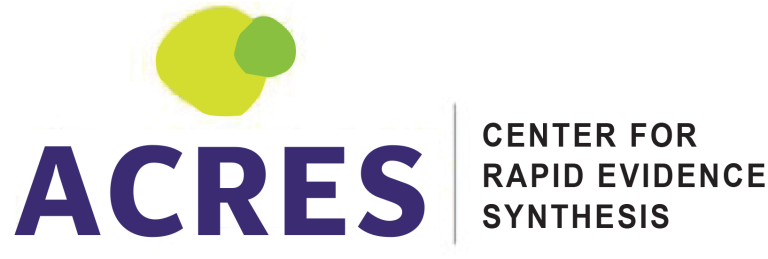 Floods cut off roads and homes in Kampala, Uganda
Floods cut off roads and homes in Kampala, Uganda
Center for Rapid Evidence Synthesis (ACRES) announces the commencement of the DESTINY project, an international research initiative that will harness the power of artificial intelligence (AI) to combat the climate crisis. This project is driven by a moral obligation to protect people worldwide from the devastating impacts of climate change.
DESTINY, which stands for “Digital Evidence Synthesis Tool Innovation Yielding Improvements in Climate & Health,” is a four-year research consortium that brings together leading experts from Europe, Africa, and Australia. The project is led by the renowned Berlin – based Mercator Research Institute on Global Commons and Climate Change (MCC) and is funded by the Wellcome Trust with a grant of 12 million euros.
The primary objective of DESTINY is to develop innovative AI-driven tools that can rapidly synthesize and summarize the vast research literature on climate change and its impact on human health. By leveraging the latest advances in AI, the project aims to provide policymakers with the most up-to-date and accurate scientific evidence to inform their decisions.
“Stopping climate change is critical for securing human health,” emphasizes Jan Minx, head of the MCC working group Applied Sustainability Science and principal investigator of the DESTINY project.
“Policymakers need the best and most recent scientific evidence to support their decisions, but the ready-to-hand evidence is often anecdotal and outdated. This project is pushing the boundaries of what is possible by using the latest advances in AI,” he added.
This large-scale project will develop novel AI-driven tools to make evidence synthesis faster, cheaper, more useful, and living. The tools will automate and streamline tasks such as detecting relevant individual studies, extracting and synthesizing their respective findings, and identifying overarching insights.
The project will commence in January 2025, with MCC joining forces with the Potsdam Institute for Climate Impact Research. The consortium partners include:
- The London School of Hygiene & Tropical Medicine,
- The Center for Rapid Evidence Synthesis (ACRES),
- Future Evidence Foundation,
- The African Synthesis Centre for Climate Change, Environment and Development,
- Effective Basic Services (eBase) Africa,
- The Campbell Collaboration and
- Cochrane
Full Press Release Stopping climate change protects human health



